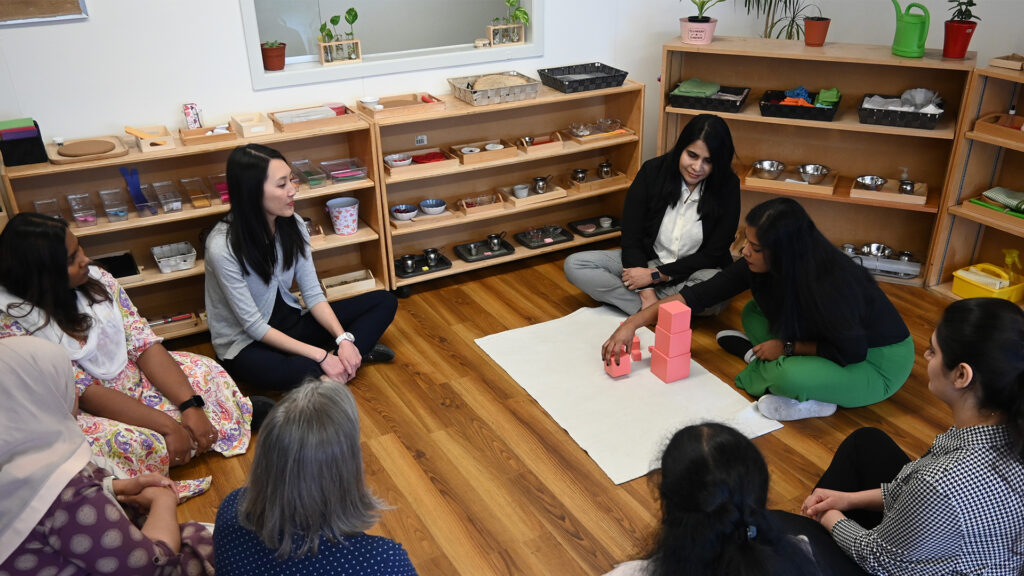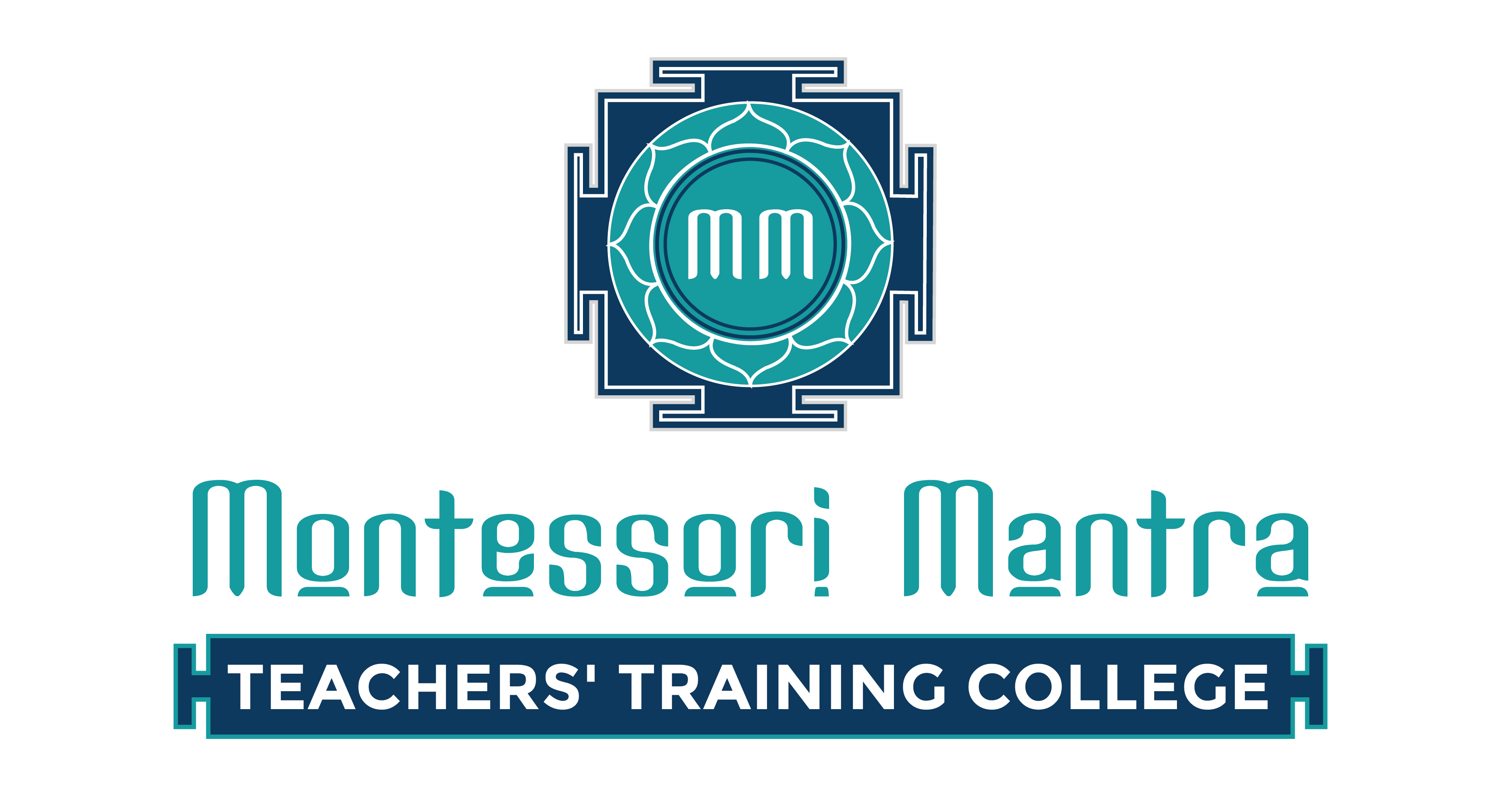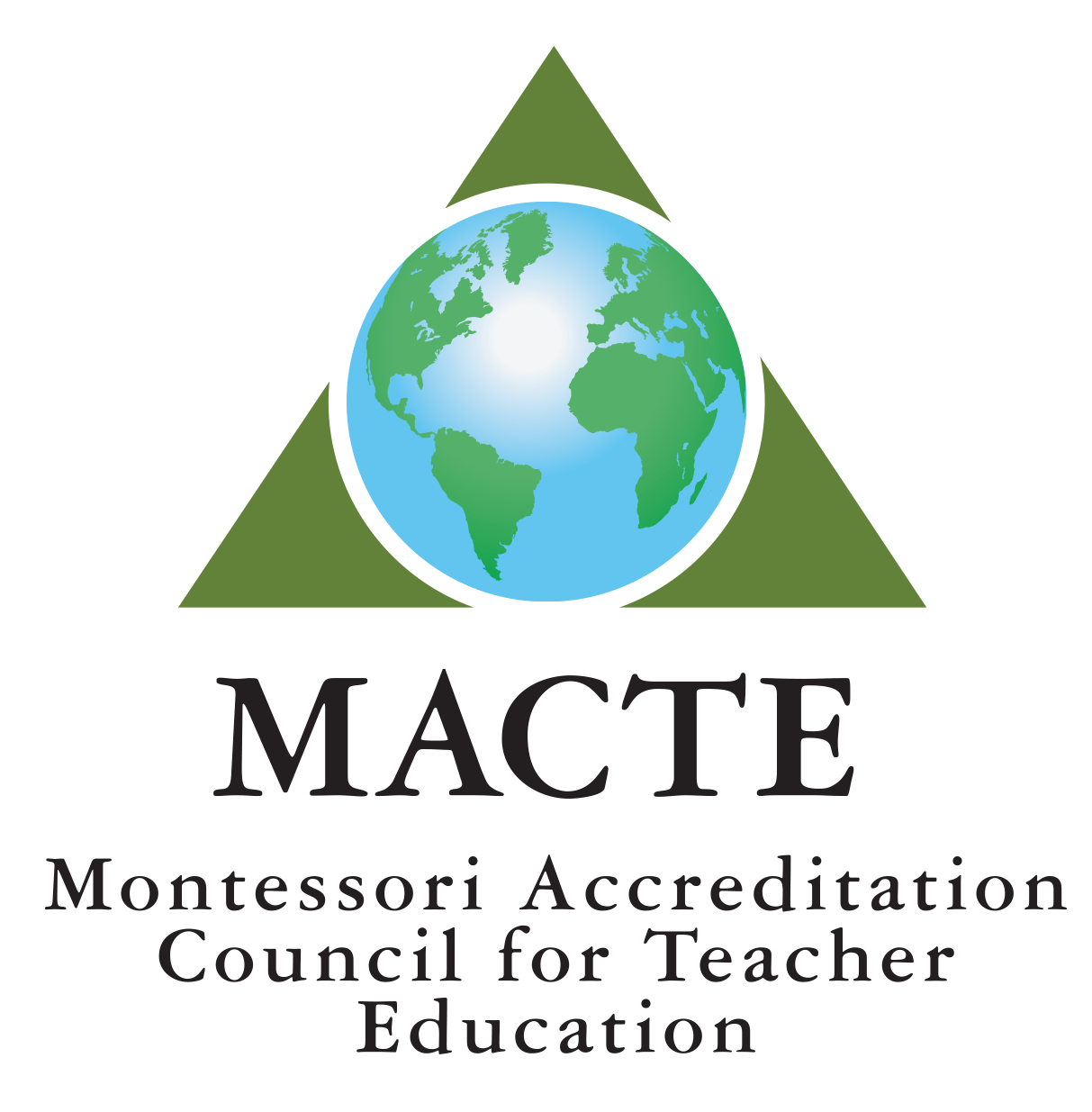
Hands-on learning is one of the foundational elements of Montessori education. In a Montessori classroom, children are encouraged to actively engage with materials, allowing them to explore and understand concepts through direct experience. This method not only supports cognitive development but also fosters independence, critical thinking, and problem-solving skills. Let’s explore how hands-on learning enhances the Montessori method and why it’s so beneficial for young minds.
Making Abstract Concepts Tangible
Hands-on learning turns abstract ideas into something children can physically manipulate and understand. For example, Montessori math materials like number rods or golden beads allow children to explore mathematical concepts by touching and arranging objects. This makes abstract ideas, such as quantity and place value, more concrete and easier to grasp. Children learn by doing, which helps them make connections that go beyond memorization.
Engaging Multiple Senses
Montessori materials are carefully designed to engage multiple senses. Children see, touch, and sometimes even hear the results of their actions. This multi-sensory approach helps children reinforce what they’re learning, as it creates stronger neural connections in the brain. For children who may have different learning styles, hands-on activities ensure that no one is left behind, as all senses are stimulated to support retention and understanding.
Encouraging Independence and Responsibility
In Montessori environments, children are given the freedom to choose their own activities, and hands-on materials are at their fingertips. This independence fosters a sense of responsibility as children take charge of their own learning. They are encouraged to explore materials independently, experiment, and learn through trial and error, all while developing self-confidence and a love for discovery.
Building Problem-Solving and Critical Thinking Skills
Hands-on learning helps children think critically and solve problems on their own. In Montessori classrooms, materials are often self-correcting, meaning that children can identify and fix mistakes without adult intervention. This empowers them to think logically and persist through challenges. By manipulating materials and figuring out how they work, children develop essential problem-solving skills that can be applied to real-life situations.
Enhancing Fine and Gross Motor Skills
Through hands-on activities, children develop both fine and gross motor skills. Whether they are threading beads, pouring water, or constructing with blocks, these activities require physical coordination and control. Montessori materials are intentionally designed to be handled by children, helping them refine their motor skills and prepare for tasks like writing, dressing, or using tools.
Promoting Focus and Concentration
When children engage in hands-on learning, they naturally become more focused and immersed in the activity. Montessori materials are designed to captivate attention and sustain concentration. By working with their hands, children can block out distractions and fully immerse themselves in the task at hand. This focus not only enhances learning but also develops self-discipline and the ability to work independently for extended periods.
Learning by Doing in Montessori Education
Hands-on learning is a critical component of Montessori education, offering children the opportunity to explore, discover, and make sense of the world around them. By engaging with materials directly, children develop independence, critical thinking, and a deeper understanding of abstract concepts. Through this method, Montessori education provides a holistic approach to learning that empowers children to take control of their own educational journey.


